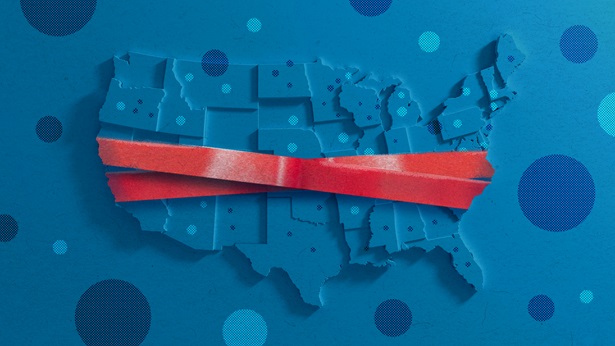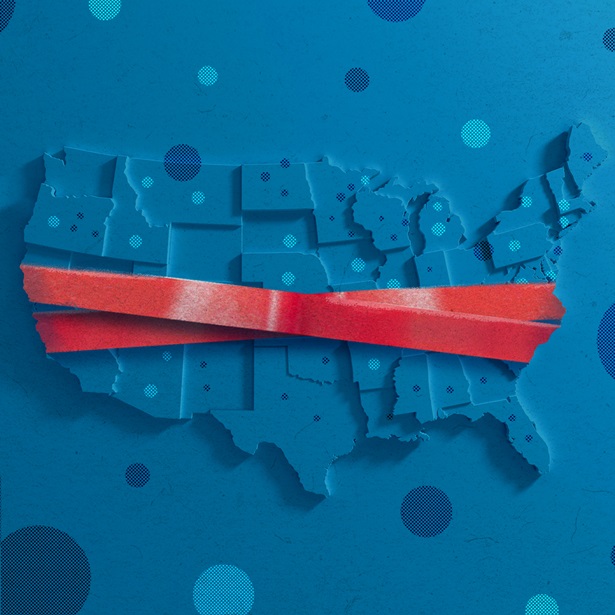State Opioid Treatment Program Regulations Put Evidence-Based Care Out of Reach for Many
Overview
Opioid treatment programs (OTPs) are the only health care facilities that can offer patients all three forms of medication for opioid use disorder: methadone, buprenorphine, and injectable extended-release naltrexone. No other setting is permitted to provide methadone. These facilities are critical to reducing overdose deaths and providing lifesaving addiction treatment.
But too often, access to high quality OTP care is curtailed by federal and state rules that are not based in evidence. Although debate over the future of federal methadone regulation is ongoing, state policymakers have the opportunity to act now to improve access to this medication and the quality of OTP services by removing rules that go beyond federal restrictions and limit access to care. Pew reviewed OTP regulations across all 50 states and the District of Columbia as of June 2021 and found that, among other barriers to services:
Wyoming is not included in this interactive because the state does not have any OTPs or related regulations.
To explore this data more, download the methodology and full data set.
{{ item.theme }}
{{ category.name }}
{{ regulation.name }}
{{ regulation.limitsSupportsAccess }}
Among the regulations reviewed, {{ selectedState }} has {{ currStateSupportsAccess }} regulations that supports and {{ currStateLimitsAccess }} regulations that limits access to care. Additionally, {{ currStateImprovesExp }} regulations improves patient experience, while {{ currStateWorsensExp }} regulations worsens it.
Among the regulations reviewed, the District of Columbia has {{ currStateSupportsAccess }} regulations that supports access to care and {{ currStateLimitsAccess }} regulations that generally limits access to care. However, for one of these rules — state zoning restrictions — the regulation in place makes it easier to find treatment by requiring facilities to be located close to public transportation.
Additionally, {{ currStateImprovesExp }} regulations improves patient experience, while {{ currStateWorsensExp }} regulations worsens it.
{{ citation.theme }}
{{ citation.category }}
{{ citation.regulation }}
{{ citation.selectedAccess }}
Read regulation text → Read less ↑{{ selectedCategory }}
{{ selectedRegulation }}
{{ selectedAccess }}
States
- N/A


The Opioid Treatment Program Regulations by State
Opioid treatment programs (OTPs) are the only health care facilities that can offer patients all three forms of FDA-approved medication for opioid use disorder (OUD): methadone, buprenorphine, and injectable extended-release naltrexone. But Pew found that nearly all states have rules governing OTPs that are not based in evidence and in turn limit access to care or worsen patient experience.

Substance Use Prevention and Treatment
Receive our best conservation research bi-weekly—stunning photos, wins, and action alerts.
Exclusive state-policy research, infographics, and stats every two weeks.










